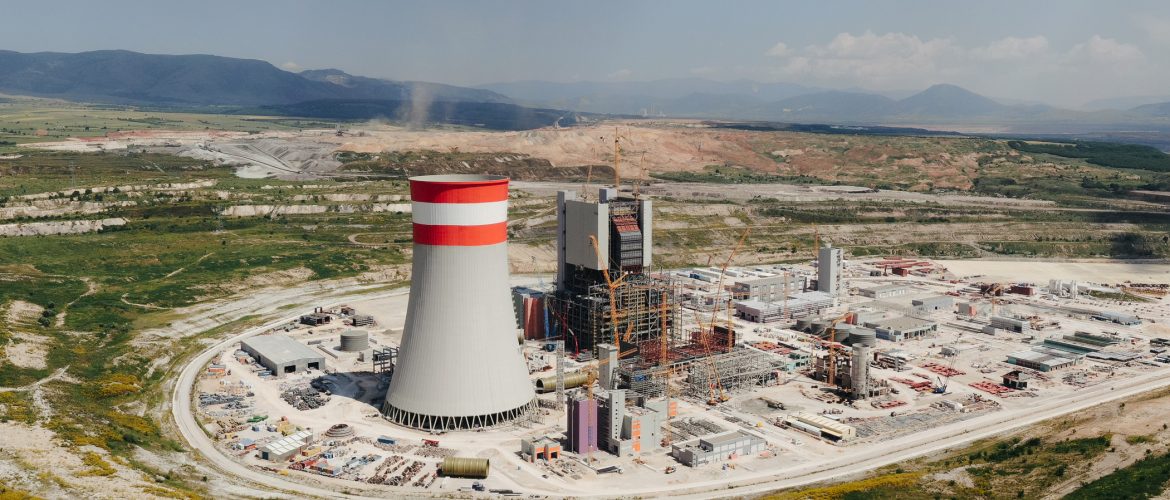In his article for Athens Voice titled “The Mistake with Lignite That Must Not Be Repeated,” Nikos Mantzaris underlines the need for Greece to transition swiftly and decisively to an energy model based solely on renewable energy sources. He analyses the failures of the country’s energy policy, focusing on the persistent reliance on lignite—a fuel that is both uneconomic and polluting.
Nikos Mantzaris argues that Greece’s experience with lignite should serve as a cautionary tale for policymakers at both national and European levels. The insistence of the European Commission’s Directorate-General for Competition, as well as the Greek government’s consent to the partial privatisation of lignite reserves, based on outdated assumptions, proved to be completely wrong and detrimental to the country.
He concludes by emphasising that any attempt to delay the necessary shift to renewable energy through extensions or deviations from EU legislation is not only ineffective but also politically damaging, burdening the climate, economy, and public health.
This article is part of the Athens Voice feature “Green Energy Transition & Electricity.” Within this context, Clima21 and the Aegean Energy & Environmental Bureau (EPEGA) are organising two events titled “Green Energy Transition & Electricity.” The first will take place on May 30, and the second on June 3-4, at the ESIEA halls, 20 Akadimias Street, Athens, with free admission. The events aim to highlight issues requiring immediate responses and difficult decisions to achieve the goals of reducing the carbon footprint and developing clean technologies.
The June 3 workshop will feature Nikos Mantzaris and Ioanna Souka, who will talk about capacity mechanisms and energy communities and self-production in Greece, respectively.
Read the full article in Athens Voice here.
You can also read Nikos Mantzaris’ policy paper on the course of lignite in Greece, entitled “Conflicting policies threatening the sustainability of Greece’s electricity model: short history and lessons learnt”, published in the scientific journal “Regional Integration: Politics, Economics, Governance”.



